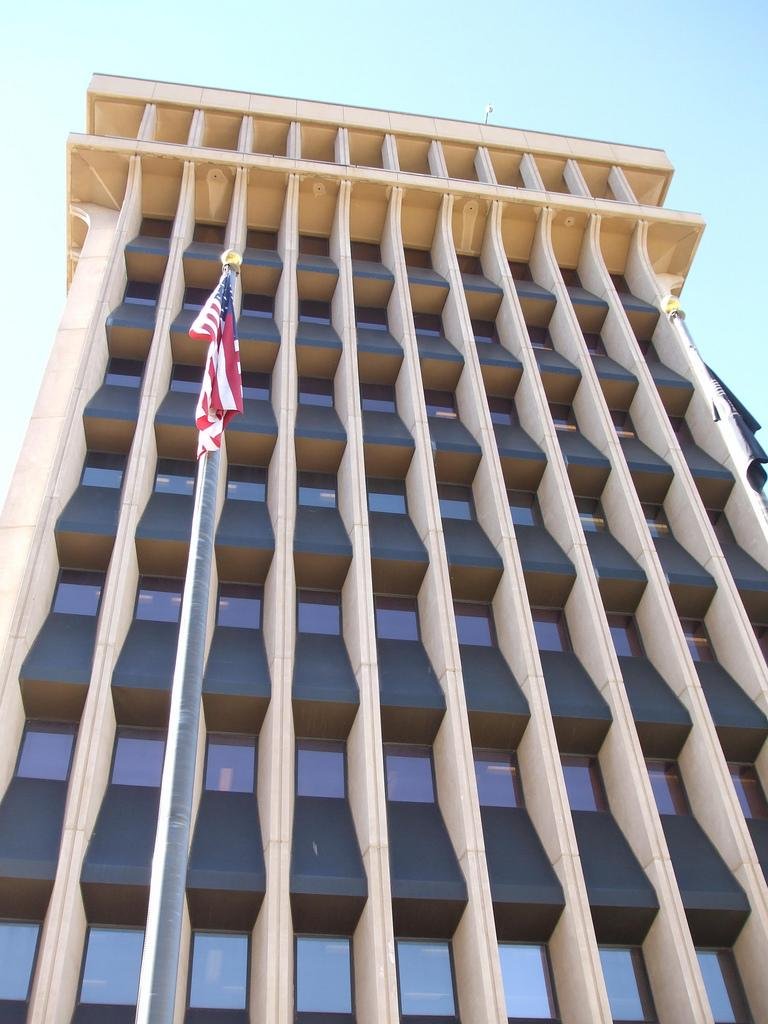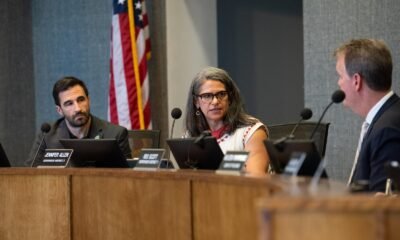Business
Tucson Council Explores Billion-Dollar TEP Takeover as Pima Supervisors Weigh Housing Tax Proposal

The city of Tucson is actively considering the acquisition of Tucson Electric Power (TEP), with potential costs surpassing $1.5 billion. This overture comes amid ongoing discussions surrounding local governance and budgeting during recent municipal meetings.
During a study session scheduled for Tuesday, the Tucson City Council will receive an update on the feasibility of taking control of TEP’s operations. City leaders are contemplating a significant shift towards utility management, raising questions about public interest and practicality. Historically, there has been limited voter concern regarding the privatization of TEP.
Consultants from GDS Associates, Inc. have prepared a draft feasibility study addressing the potential costs associated with the acquisition. The estimated price of TEP, adjusted for inflation, now sits at approximately $1.5 billion, initially pegged at $1.2 billion using 2021 figures. A complete replacement of TEP’s infrastructure could total around $5 billion, although the consultants propose that the city could cover certain costs through property taxes due to the significant overlap between TEP’s customer base and city taxpayers.
While discussions have surfaced regarding the projected figures—such as a claim of $2.8 billion—the reality may be influenced by TEP’s resistance to such a sale. TEP’s management has expressed a firm stance against parting with the utility, complicating any potential negotiations.
As part of the plan, the city may not see immediate savings for customers, with projections suggesting potential monthly savings of over $50 after 16 years. Advocates argue that a city-run utility could enhance operational efficiency and promote carbon neutrality by 2025, yet public opinion on climate initiatives remains divided.
Alternatives like Community Choice Aggregation, a strategy allowing local entities to purchase power without taking over TEP, were explored but remain legally constrained in Arizona. Lawmakers have yet to show support for the necessary statutory changes to implement this model.
Microgrids were also discussed as a viable option. These smaller power systems, while beneficial for supporting critical infrastructure, must still operate within TEP’s regulatory frameworks. The historical reliance of large corporations on diversification for success raises questions about Tucson’s capacity to deliver utilities as efficiently as it manages water services.
In concurrent matters, the Tucson City Council will review the proposed $2.4 billion municipal budget during the same session, with the intent to finalize the spending plan in an upcoming regular meeting. The budget includes a projected revenue increase of $6.6 million through various taxes and fees, aiming to maintain essential city services amidst economic pressures.
The Regional Transportation Authority (RTA) is also on the agenda, with discussions about renewing its 20-year plan. City leaders are concerned about the status of projects from the original voter-approved plan and are frustrated with current management’s performance.
Moreover, negotiations regarding water service rates for customers living outside city limits remain contentious, as Tucson Water seeks to implement higher charges. Previous attempts were thwarted legally, but recent studies suggest a solid foundation for justifying increased differential rates.
Addressing homelessness continues to be a priority, with city staff emphasizing efforts to clear camps. Most encampments are classified into tiers based on their potential risks, with many being removed for various reasons, including health hazards.
Finally, environmental concerns surrounding per- and polyfluoroalkyl substances (PFAS) in Tucson’s water supply are under scrutiny. Testing has indicated that PFAS levels remain within EPA standards, although certain localized systems require targeted treatment.
In summary, upcoming meetings will address critical issues ranging from light rail developments to proposed tax increases for affordable housing initiatives. Tucson officials face multiple challenges as they navigate complex regulatory frameworks and public expectations while ensuring effective governance.


















